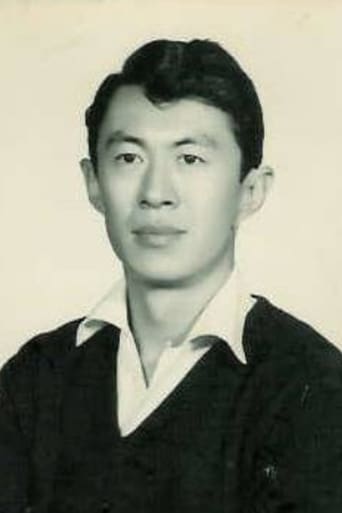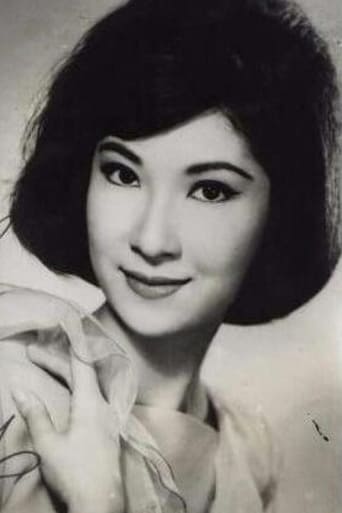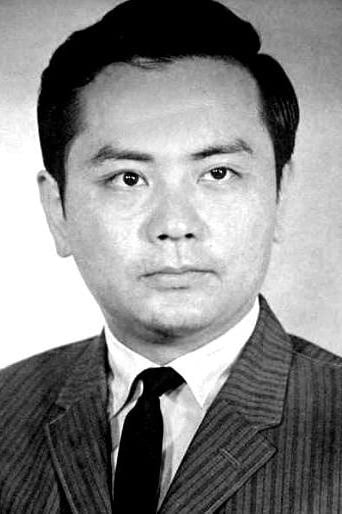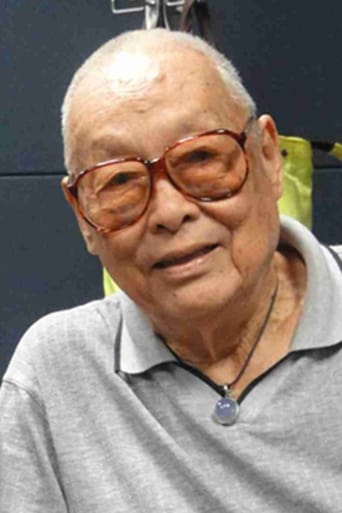Brian Camp
SONS OF GOOD EARTH (1965) is the second directorial credit for King Hu (following THE STORY OF SUE SAN, also reviewed here), but the first he could truly call his own. He directed, co-wrote and co-stars in the film, which would be followed by COME DRINK WITH ME (1966), also at Shaw Bros., and DRAGON INN (1967), a Taiwanese swordplay epic. SONS OF GOOD EARTH focuses on a town in Wen Cheng county in northeast China and opens with slices of life there in the days before the Japanese invasion of China. We meet a couple of bumbling sign painters and watch as they inadvertently rescue a young maiden, He Hua (Betty Loh Ti), from a brothel and introduce her to the local policeman as the fiancée of one of the painters, Yu Rui (Peter Chen Ho), who is soon pressured into marrying her in order to keep her from going back to the brothel. A new police inspector, Director Ding, seeks to eliminate vice and corruption and backs up Yu Rui when the gangsters who run the brothel (Kao Pao Shu, Kuang Chao Chiang) try to take He Hua back. During these scenes, the actors who play the sign painters, Peter Chen Ho and Li Kun, behave like a comedy team and are actually quite funny. We get an evocative glimpse of life in the courtyard where the sign painters live, a mini-village where a group of homes look out on a common area. Things are looking up for the young married couple until the Japanese invasion of 1937 and the occupation of the town, after which the whole tone of the film changes to reflect the distressed circumstances the townsfolk find themselves in.The Japanese commit one barbaric act after another against the town people. They cart some of the young men away for execution as "rebels.' Others are forced into labor for the Japanese military officers ruling the province. Women are taken from their husbands and made mistresses of the officers. Some men are forced to put on uniforms and work as liaisons for the military. Yu Rui is forced to use his painting skills to paint Japan-China "friendship" slogans on village walls. One young man, Lei Hsiao Ku (Lui Ming), who speaks Japanese, is given a high position but is revealed, later on, to be a secret recruiter for a resistance army being formed in the nearby mountains. When villagers get into trouble with the military, Lei spirits them out of town to the mountain hideout. This eventually happens to the two painters, Yu Rui and Lao San, after He Hua has gotten into trouble with the Japanese commander (Feng Yi) and captured. Eventually, the resistance army, led by Captain Ting (King Hu), gains enough members and firepower to launch an attack to try to take back the town from the Japanese, leading to an exciting and explosive finale filled with shootouts in the streets and a potentially bleak ending with a deus ex machina twist.I've seen Peter Chen Ho in several Shaw Bros. musical comedies, but I've never seen him in a dramatic role like this complete with lots of action requiring him to run along rooftops and shoot automatic weapons. He's quite good. The cast is filled with Shaw Bros. regulars including such familiar faces as Tien Feng, Hao Li Jen (in one of the biggest roles he ever had at Shaw Bros.), Fan Mei-Sheng, Ku Feng, Ching Miao, Han Ying Chieh, Wu Ma, Chang Pei-Shan, Paul Chang, Feng Yi, Lee Ying, and future director Lau Kar Leung. The lead characters aren't given much in the way of characterization. They're essentially just players in a grand, historical saga that lasts eight or nine years. Betty Loh Ti plays a sweet and demure maiden who is basically buffeted about by the whims of other characters. Until the villagers rally and form the rebel army, they're not really in charge of their own fates.I've seen numerous Shaw Bros. films that deal with the Japanese occupation or Chinese-Japanese tensions in older historical periods, but I've never seen one from the 1960s that presents as vivid a portrait of Japanese brutality and oppression in China as seen here. Granted, there is no graphic depiction of atrocities, just suggestions, but it's a lot more than I expected from Shaw Bros. at a time just before the studio began adapting Japanese properties and importing Japanese directors and personnel. Also, I was struck by the fact that the Japanese characters, despite being played entirely by Shaw Bros. actors, all speak Japanese. In most Hong Kong films I've seen featuring Japanese characters, it was rare for the Japanese to speak anything but Mandarin or Cantonese.
Mozjoukine
If it wasn't the first major film of the director of TOUCH OF ZEN and the rest, this would be a forgettable war movie, importing the clichés of Hollywood into the Hong Kong scene.There are few faces familiar from the major Shaw Brothers movies and only the wide spaced pieces of local colour to suggest King Hu's participation. It's rather short on barbarous atrocities too - one wagon load of grass mat wrapped beheaded bodies and a lecherous commander.That said, the pacing is good and the scope screen is always filling with movement and detail, which distract from the unconvincing story line. The big action finale manages to produce a few authentic WW2 automatic weapons and the makers do confront the implausibility of a peasant militia with hand guns taking on well armed troops.I've seen worse.





